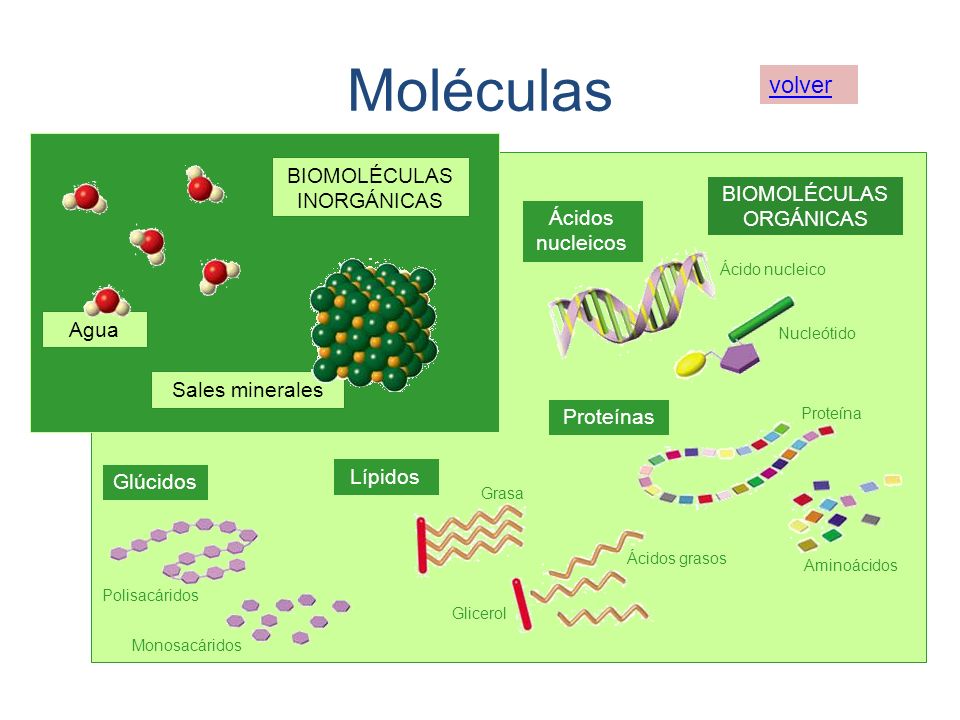Cuales son las moleculas organicas naturales is a question that many people may have when it comes to understanding the building blocks of life. Organic molecules are essential compounds that are found in living organisms and play a crucial role in various biological processes. These molecules are known for their complex structures and diverse functions, making them the focus of much scientific research and exploration.
When we talk about cuales son las moleculas organicas naturales, we are referring to the organic compounds that are commonly found in nature. These molecules are made up of carbon atoms that are bonded to other elements such as hydrogen, oxygen, nitrogen, and sulfur. Organic molecules are incredibly diverse and can vary in size, shape, and complexity, giving rise to the wide range of biological functions that they perform.
Understanding cuales son las moleculas organicas naturales is essential for gaining insight into the fundamental processes that govern life on Earth. From the genetic information stored in DNA to the energy stored in carbohydrates, organic molecules play a vital role in sustaining living organisms and driving biological processes. By exploring the different types of organic molecules found in nature, we can deepen our understanding of the intricate web of life that surrounds us.
What are the Different Types of Organic Molecules?
Organic molecules can be classified into several main categories based on their structure and function. Some of the most common types of organic molecules include:
Carbohydrates:
Carbohydrates are organic molecules that serve as a primary source of energy for living organisms. These molecules are made up of carbon, hydrogen, and oxygen atoms and are found in various forms such as sugars, starches, and cellulose.
Proteins:
Proteins are large, complex organic molecules that are essential for the structure, function, and regulation of cells. These molecules are made up of amino acids and play a crucial role in a wide range of biological processes.
What Are Some Examples of Organic Molecules Found in Nature?
Organic molecules are ubiquitous in nature and can be found in various forms across different ecosystems. Some examples of organic molecules found in nature include:
DNA:
Deoxyribonucleic acid, or DNA, is a complex organic molecule that contains the genetic instructions for the development, functioning, growth, and reproduction of all known living organisms.
Lipids:
Lipids are a diverse group of organic molecules that include fats, oils, waxes, and steroids. These molecules play a vital role in energy storage, insulation, and cell membrane structure.
Enzymes:
Enzymes are organic molecules that act as catalysts in biochemical reactions, speeding up the rate of these reactions without being consumed in the process. These molecules are essential for various metabolic processes in living organisms.
Why are Organic Molecules Important for Life?
Organic molecules are essential for life as we know it because they serve as the building blocks of living organisms and play a crucial role in various biological processes. These molecules are involved in processes such as energy production, cell structure, genetic information storage, and metabolic regulation, making them indispensable for the survival and functioning of all known life forms on Earth.
How Do Organic Molecules Interact in Living Organisms?
Organic molecules interact in living organisms through a series of complex biochemical reactions that are tightly regulated by enzymes and other cellular components. These interactions allow organic molecules to perform their specific functions, such as providing energy, transmitting genetic information, and supporting cellular structure and function.
What Happens When Organic Molecules are Deficient in Living Organisms?
When living organisms are deficient in essential organic molecules, their biological processes can be disrupted, leading to various health problems and ultimately, death. For example, a lack of certain vitamins or amino acids in the diet can result in metabolic disorders, impaired immune function, and other serious health issues.
In Conclusion
In conclusion, cuales son las moleculas organicas naturales encompasses the diverse range of organic compounds that are essential for life on Earth. From carbohydrates and proteins to DNA and enzymes, organic molecules play a vital role in sustaining living organisms and driving the biological processes that govern life. By understanding the different types of organic molecules found in nature and their functions, we can gain valuable insights into the complex web of life that surrounds us.
Exploring The Main Warm Ocean Currents
Unlocking The Benefits Of Kohl's Charge Card
Unlocking The Power Of PVC Cement And Primer

moléculas orgánicas

moleculas organicas

Biomoleculas organicas